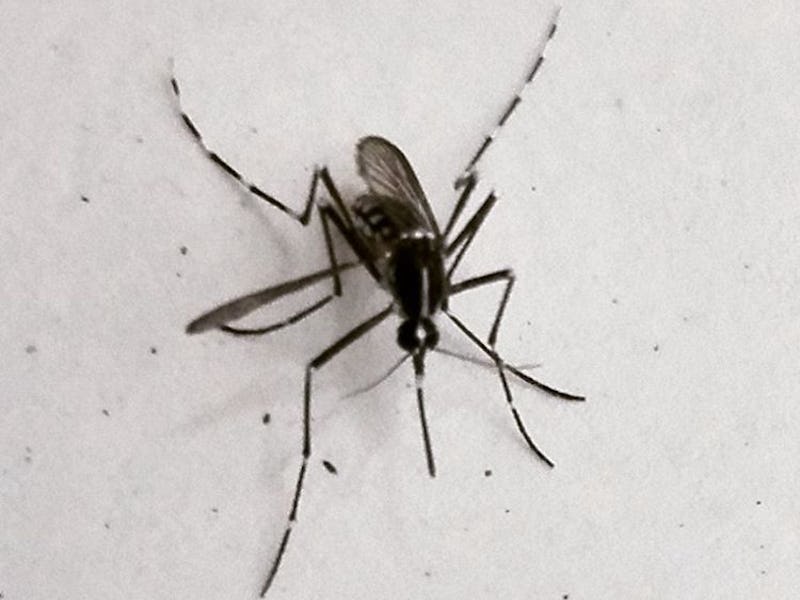ZIKA: Mosquitos Spread Virus Connected to Birth Defects
The germ may be responsible for a massive rise in microcephaly.

An outbreak of the mosquito-transmitted Zika virus in Brazil may be responsible for thousands of cases of the birth defect microcephaly across the South American nation.
The Centers for Disease Control and Prevention says it’s “aware of reports of increased numbers of babies born with microcephaly (smaller than expected head size) in Brazil,” adding “The Ministry of Health (MOH) of Brazil is concerned about a possible association between the Zika virus outbreak and increased numbers of babies born with microcephaly.”
The MOH reported Tuesday that microcephaly has occurred in 2,975 suspected Zika cases in newborns, of 656 municipalities in 20 Brazilian states—including 40 deaths. In 2014, only 147 cases were reported
Medical science has known of Zika. The World Health Organization has described the virus to cause rashes, joint and muscle pain, headaches, and conjunctivitis, noting “Zika virus disease is usually mild, with symptoms lasting only a few days.” However, as it may be responsible for an undeniably tragic wave of deformities in Brazilian infants, the affliction is receiving renewed international attention.
The CDC has since warned “that all people, especially pregnant women, who are traveling to Brazil and other areas in Latin America, should take precautions to avoid mosquito bites to reduce their risk of infection with Zika virus,” as well as other mosquito-borne viruses.
A close relative of the dengue virus, it was first recognized in the 1940s, found in Asia and Africa. (The CDC reports Zika is not currently found in the United States, but has been reported in returning travelers.) The U.S. Library of Medicine has stated that some researchers feel it arrived in Brazil in 2014, during the World Cup, or possibly from French Polynesian participants in a canoe race that was held in Rio de Janeiro, Brazil—also in 2014—as researchers have found the strains affecting Brazil are identical to known Asian pathogens. The Rio Times has published that officials in the Brazilian state of Pernambuco had suggested local women refrain from becoming pregnant.
The CDC further notes: “There is no vaccine to prevent or medicine to treat Zika.”